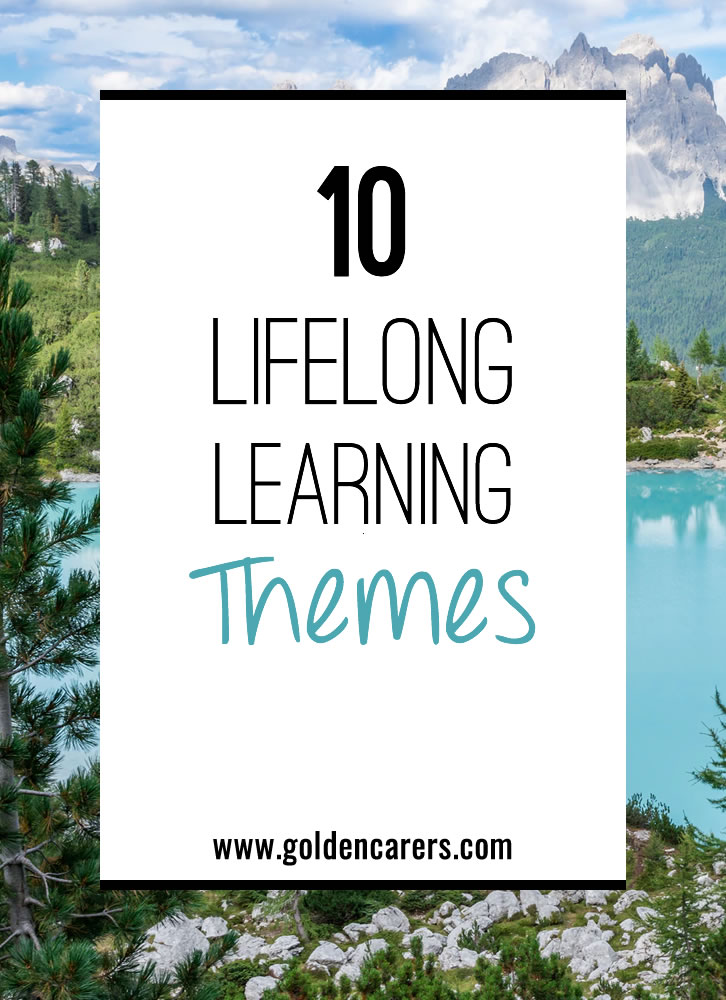
We all have natural abilities, some of which we have never had the chance to develop; but it is never too late!
A learning environment makes life more fulfilling. It inspires and stimulates individuals while staving off loneliness by providing opportunities for social engagement, another important factor influencing well-being.
Many elderly residents are interested and capable of learning new things. Learning opportunities can help them find more joy and fulfilment from daily life.
Related Activities
Comments Post a Comment

 11th Jul 2020
Coordinator, Adult Day Center
11th Jul 2020
Coordinator, Adult Day Center
We haven't had any clients for four months...your ideas will keep me from getting rusty!
Thank you!

 11th Jul 2020
Activity Director
11th Jul 2020
Activity Director
Yes learning is a lifelong process when you stop learning stop living
This is what I told our residents
I told them I do not want to see their brains rolling down the halls because they are not using them

 28th Jan 2017
Diversional Therapist
28th Jan 2017
Diversional Therapist
 27th Jan 2017
Home Duties
27th Jan 2017
Home Duties
 24th Jan 2017
Diversional Therapist
24th Jan 2017
Diversional Therapist


 What is Elder Abuse?
What is Elder Abuse?
 3 Benefits of Video Games for Seniors
3 Benefits of Video Games for Seniors
 Care Plan Goals & Interventions Case Studies
Care Plan Goals & Interventions Case Studies
 10+ Benefits of Pet Therapy
10+ Benefits of Pet Therapy

 United Kingdom
United Kingdom
Thank you so much !!!